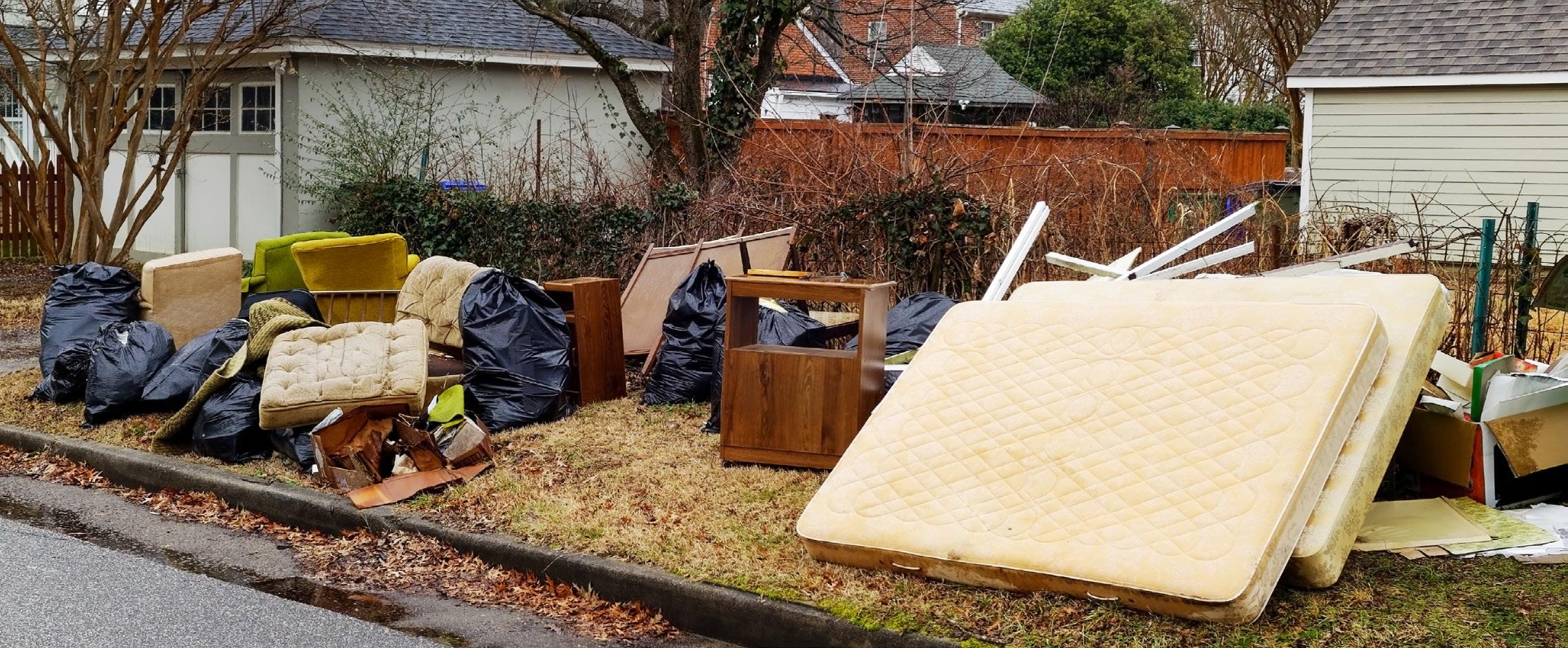ACE FUNDING IN MARYLAND: Protecting Housing Stability
BY COLLEEN M. ARACRI, ESQ.
IN RECENT YEARS, MARYLAND HAS EMERGED as a leader in the movement to address housing inequities, particularly with regard to eviction proceedings. In 2021, the Maryland General Assembly passed HB18 (the ACE Law), making Maryland only the second state in the nation to have a program that provides access to legal representation to all income-qualified persons facing eviction on a statewide basis. This legislation was a response to the recognition that evictions have far-reaching consequences, affecting not only individuals and families but also public health, the economy, and social justice.
While the passage of the ACE Law was a critical step towards leveling the playing field for Maryland tenants facing eviction, it cannot succeed without continued funding. As such, the Maryland Access to Justice Commission’s (A2JC) top priority in the 2025 legislative session was additional funding for the ACE law. A2JC is proud to report that, despite the fact that the General Assembly was faced with an exceptionally tight budget, A2JC and its partners were able to obtain continued funding for the ACE law through 2028.
The Importance of the ACE Law
The ACE Program has demonstrated significant positive outcomes. Data indicates that 88% of those who have received services through ACE have avoided eviction or disruptive displacement.1 In fiscal year 2024 alone, the ACE Program closed 8,894 cases, a 124% increase from the previous year, providing much-needed legal representation to thousands of Maryland residents.2 Moreover, the program is saving the state money. For every $1 spent on the law, the state sees returns of almost $5.3 An ACE attorney costs approximately $1100 per case compared to the $9700 that the state would spend to provide homeless services.4
A2JC is proud to report that, despite the fact that the General Assembly was faced with an exceptionally tight budget, A2JC and its partners were able to obtain continued funding for the ACE law through 2028.
1 https://mgaleg.maryland.gov/cmte_testimony/2025/app/1vi23CcUImaPdgedzYR6PVHo1pf J1BO5W.pdf
2 Id.
3 Id.
4 Id.


Analysis from Stout consultants estimates that for every $1 spent on the ACE Program, Maryland realizes $4 in economic benefits.5 This includes savings of $21.6 million in social safety net costs and $6.8 million in additional Medicaid spending, and the program has helped over 5,600 households avoid eviction, preserving economic stability and employment.6
Funding the ACE Program
Funding is crucial to the success of the ACE Program. Without consistent and sufficient funding, the program’s effectiveness is compromised, leaving vulnerable tenants without the legal support they need.
At the start of the 2022 legislative session, the Program remained unfunded. The Access to Counsel in Evictions Task Force, which was created by the ACE Law to monitor implementation of the ACE Program, strongly asserted in its inaugural report that funding was the ACE Program’s “most urgent and critical need.”7
A2JC, along with other civil justice organizations, made ACE Program funding its top priority during the 2022 legislative session and succeeded in advocating with the General Assembly and Governor to provide two years of start-up funding for the Program through fiscal year 2024.8 Thereafter, during the 2023 legislative session, the General Assembly passed SB756, which provided 3 years of additional funding of the ACE law through the Abandoned Property Fund in the amount of $14M per year for fiscal years 2025 through 2027.9
Senate Bill 154: Extending Funding for the ACE Program
While it is clear that the ACE Program is successful, Maryland faced significant budget challenges in the 2025 session. State lawmakers grappled with a widening structural budget gap, which put pressure on funding for various programs, including access to justice initiatives.
5 Id.
6 Id.
Despite budget concerns, civil legal aid organizations were able to effectively advocate for the passage of SBA154, which provides continued funding for the ACE Program.
Senator Shelly Hettleman championed SB15410, and almost 30 individuals and organizations offered testimony in favor of the passage of SB154, while no one testified in opposition. Ultimately, SB154 passed both Chambers and was submitted to Governor Moore, who signed the bill into law on May 13, 2025.
EVERY $1 spent on the ACE Program, MARYLAND REALIZES $4 in economic benefits.
SB154 ensures that the ACE Program will have continued funding by extending the Governor’s annual appropriation of $14 million from the Access to Counsel in Evictions Special Fund to the Maryland Legal Services Corporation (MLSC) through fiscal year 2028. This ongoing funding commitment is critical to maintaining and expanding access to legal counsel for tenants statewide.
The bill also adjusts and continues the ACE Task Force. It will now be chaired by the designee of the Secretary of the Department of Housing and Community Development (DHCD), with DHCD providing staff support and selecting membership. The Task Force will continue its responsibilities of evaluating the provision of ACE services, studying potential funding sources, and making policy recommendations to strengthen the program’s impact.
7 https://mgaleg.maryland.gov/cmte_testimony/2025/bat/1snRU5qZRA969ldCWoZvHmnak_F5wokPm.pdf
8 https://mgaleg.maryland.gov/cmte_testimony/2025/bat/1snRU5qZRA969ldCWoZvHmnak_F5wokPm.pdf
9 https://mgaleg.maryland.gov/cmte_testimony/2025/bat/1snRU5qZRA969ldCWoZvHmnak_F5wokPm.pdf
10 https://mgaleg.maryland.gov/mgawebsite/Legislation/Details/SB0154?ys=2025RS
